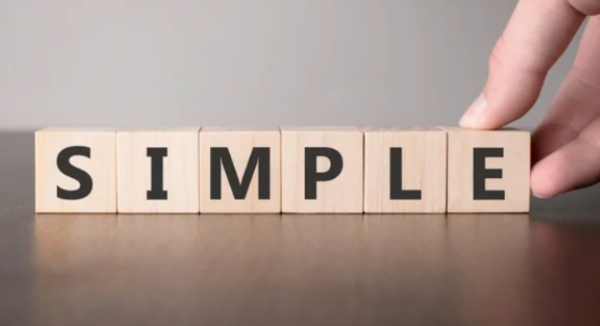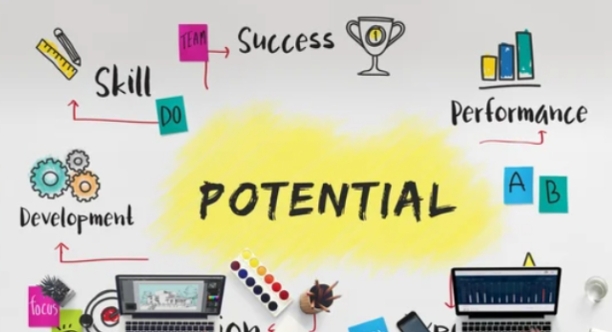
Overthinking is a common issue that can negatively impact your mental health and overall well-being. When your mind is constantly filled with thoughts, worries, and uncertainties, it becomes challenging to focus, make decisions, and find peace. However, with practice and some helpful strategies, you can learn how to clear your mind from overthinking. Here are some effective techniques to regain control of your thoughts and find inner calm.
Recognize and acknowledge your overthinking
The first step in overcoming overthinking is to become aware of it. Recognize when your mind starts to spin in an endless loop of thoughts. By acknowledging this behavior, you can consciously choose to redirect your focus.
Practice mindfulness
Mindfulness is an invaluable tool for managing overthinking. Train yourself to be present in the current moment by paying attention to your surroundings, your senses, and your breathing. Engaging in mindfulness activities such as meditation, yoga, or even just taking a few deep breaths can help you clear your mind and regain perspective.
Challenge your thoughts
Often, overthinking is fueled by irrational or negative thoughts. Challenge these thoughts by questioning their validity and seeking alternative perspectives. Ask yourself whether these thoughts are based on evidence or if they are just assumptions. Try to find more positive and realistic interpretations of the situations you are thinking about.
Set aside dedicated “worry time”
Give yourself a specific time during the day when you allow yourself to think about your concerns. This could be ten minutes in the morning or before going to bed. By confining your worries to this designated time slot, you prevent them from intruding on other aspects of your life. Once the allotted time is up, consciously shift your focus to more positive or productive activities.
Engage in physical activities
Physical exercise is a great way to clear your mind from overthinking. Engaging in activities like running, swimming, or even taking a walk can help release pent-up energy and reduce stress. Exercise boosts the production of endorphins, the body’s natural mood-enhancing chemicals, leaving you feeling more relaxed and at ease.
Practice self-care
Taking care of yourself is essential in order to combat overthinking. Therefore, make sure you get enough sleep, eat a balanced diet, and engage in activities that bring you joy. Prioritizing self-care and relaxation can help reduce anxiety and provide a clearer mindset.
Seek support
Sometimes, overthinking can become overwhelming, and you may need external support. Reach out to trusted friends, family members, or even seek professional help. Talking through your thoughts and worries with someone supportive can provide a fresh perspective and valuable guidance.
Redirect your focus
When your mind starts overthinking, redirect your attention to something else that requires concentration. Engage in a hobby, read a book, listen to music, or immerse yourself in a creative activity. By redirecting your focus, you give your mind a break from overthinking and allow it to refocus on more positive and productive thoughts.
Clearing your mind from overthinking takes time and practice. Therefore, be patient with yourself and remember that change won’t happen overnight. By incorporating these strategies into your daily routine, you can gradually break free from the clutches of overthinking and create a more peaceful and focused mind.









